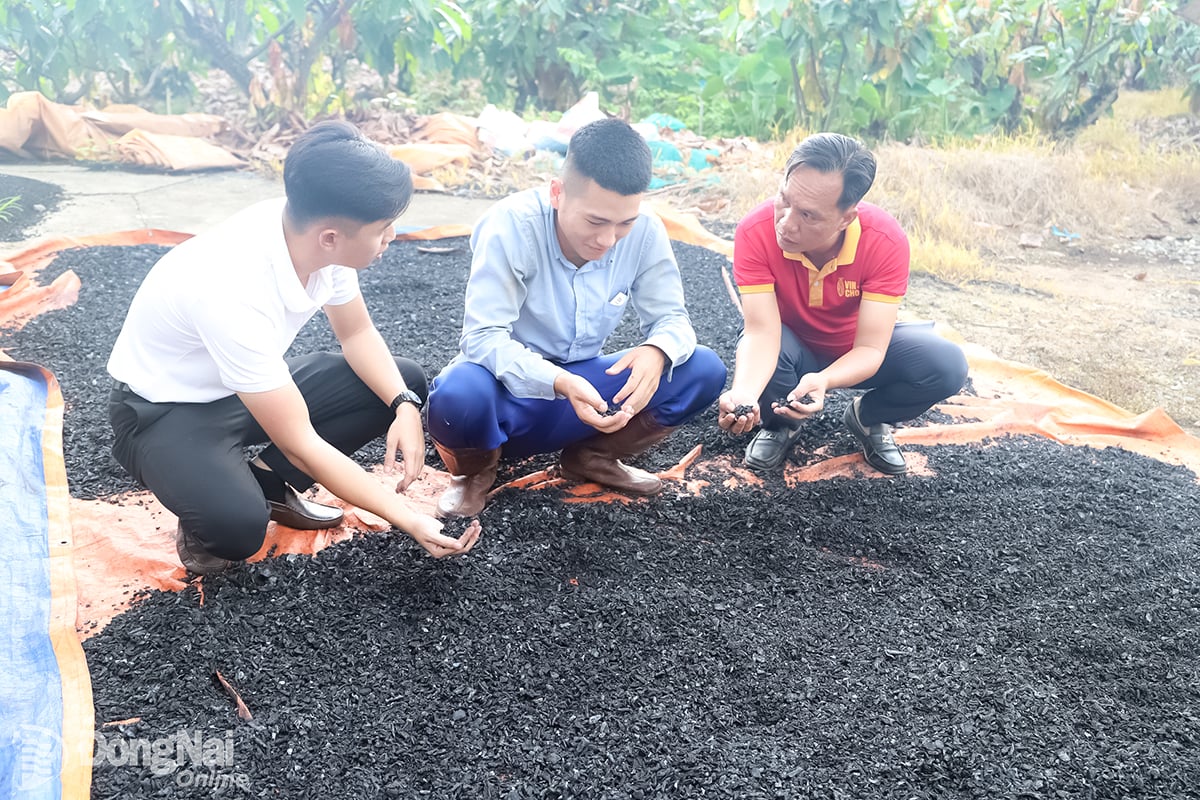 |
| Chairman of the Board of Directors of Trong Duc Cocoa Company Limited Dang Tuong Khanh (right cover) introduces biochar made from cocoa shells. Photo: B.Nguyen |
To cope with the high price of fertilizers, farmers in Dong Nai province have many solutions such as: participating in the chain to access quality fertilizer sources at reasonable prices due to the reduction of intermediaries. In particular, farmers have changed the direction of production, taking advantage of agricultural waste and by-products to produce organic fertilizers, contributing to reducing investment costs while ensuring the production of clean agricultural products.
Burden for farmers
Since the beginning of 2025, the prices of fertilizers, especially those widely used by farmers such as urea, potassium, NPK, etc., have been constantly increasing. The reason is due to the impact of the world fertilizer market when some countries, especially China, restrict fertilizer exports to ensure domestic supply. In particular, from July 1, 2025, VAT on fertilizer products will increase from 0% to 5%. In addition, there is also the reason that transportation costs and fertilizer production costs have both increased. It is expected that the world fertilizer market will continue to increase in the coming time.
The high price of materials, especially fertilizers, is one of the major challenges for agricultural production. Farmers face many difficulties when profits are greatly affected, even production is at a loss because investment costs are higher than before.
According to the report of the Department of Agriculture and Environment, currently over 90% of the volume of solid waste in livestock farming such as manure, bedding in livestock and poultry farming is collected and composted to make fertilizer for crops. In the field of cultivation, each year, the total amount of crop by-products and preliminary processing from crop products in the province reaches more than 1.5 million tons. Of which, about 551 thousand tons of by-products are collected and processed (accounting for about 39%). This is a source of raw materials that is being regenerated by enterprises, cooperatives, and farmers, to make organic compost for agricultural production.
The most difficult thing is that rice farmers often get lower profits than other crops.
Mr. Nguyen Van Sang, a rice farmer in Phu Hoa commune, said: Currently, the prices of many types of fertilizers have increased by up to 30% compared to the same period in 2024. Investment costs have increased while in the last harvest, the price of rice sold at the field was less than 5,000 VND/kg, thousands of VND/kg lower than the same period last year. Rice farmers are currently making almost no profit. The most worrying thing is that the prices of fertilizers are still on the rise. With this situation, farmers continue to face the risk of losses from one crop to the next.
Sharing the same concern, Mr. Pham Van Quy, a banana grower for export in Thanh Son commune, compared: Recently, many agricultural products have decreased in price compared to the same period last year. Meanwhile, the price of fertilizers and other materials has been constantly increasing. The high cost of production is depleting farmers' resources; limiting the ability to invest in applying new technology to create added value in production.
Join the chain
Responding to the difficulty of high prices of agricultural materials, especially fertilizers, cooperatives and farmers in the province are increasingly interested in applying solutions to optimize fertilizer use through improving fertilizer application techniques and applying smart farming solutions.
In particular, building a large-scale production chain with the participation of input material supply and output consumption enterprises is attracting farmers to participate.
Mr. Nguyen Thanh Hung, Director of Bau Kien Agricultural Service Cooperative in Thanh Son Commune, said: The investment and rice development linkage chain at the cooperative has formed a large production scale with more than 30 hectares being converted to organic farming. Participating in the linkage chain, members have access to organic fertilizers from suppliers at better prices than on the market because they do not have to go through intermediaries. In particular, members are supported with fertilizers in the form of buying first and paying later, only having to pay the investment costs when harvesting. The quality of fertilizers is good, with technical staff from the enterprise guiding, so the rice plants grow well and give high yields.
High fertilizer prices encourage businesses, cooperatives, and farmers to switch to organic farming, utilizing agricultural waste and by-products to make their own organic fertilizers, helping to save investment costs.
Mr. Pham Duy Long, Head of Bau Ham 2 Avocado Cooperative - Quang Trung in Gia Kiem commune, said: The members are all converting to organic farming. They grow grass in the garden to improve the soil; use agricultural by-products such as bananas and jackfruits locally to compost organic fertilizer for crops. With these solutions, investment costs are reduced, crops grow well, not only giving high yields but also safe fruit quality, meeting the needs of today's consumers.
Trong Duc Cocoa Company Limited in Phu Hoa commune is a pioneer in investing in large cocoa fields associated with circular agriculture. Up to now, the company has developed thousands of hectares of cocoa; purchasing fresh cocoa pods from farmers for processing. After processing, the company discharges about 6 thousand tons of cocoa pod shells/year. Therefore, Trong Duc Cocoa Company Limited is currently cooperating with Tromso Company (Japan) to implement a project to use cocoa pod shells and discarded cocoa tree branches to burn into biochar (biochar).
Chairman of the Board of Directors of Trong Duc Cocoa Company Limited Dang Tuong Khanh shared: Since its inception, the company has been interested in circular agriculture such as: using cocoa pulp to produce cocoa wine; cocoa shells as fertilizer, growing medium. But when the amount of processed cocoa shells is increasing, the company has implemented a project to use cocoa shells, branches, and twigs of cocoa trees to burn into biochar. Biochar helps plants grow well, loosens the soil, retains CO2 and many other effects... This source of biochar will be provided to farmers as fertilizer. When the project is implemented effectively, thousands of farmers will benefit.
Binh Nguyen
Source: https://baodongnai.com.vn/kinh-te/202511/nong-dan-gap-kho-vi-gia-vat-tu-nong-nghiep-tang-cao-9952929/




![[Photo] Da Nang: Hundreds of people join hands to clean up a vital tourist route after storm No. 13](https://vphoto.vietnam.vn/thumb/1200x675/vietnam/resource/IMAGE/2025/11/07/1762491638903_image-3-1353-jpg.webp)



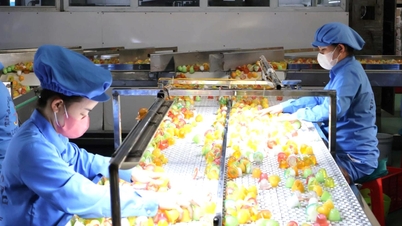



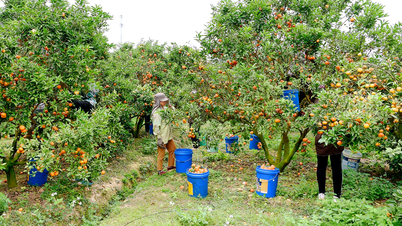

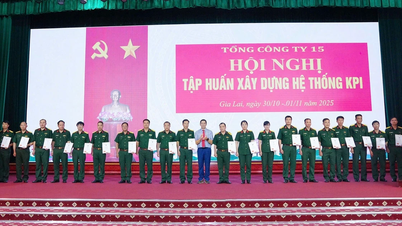

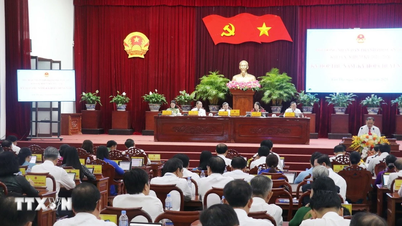



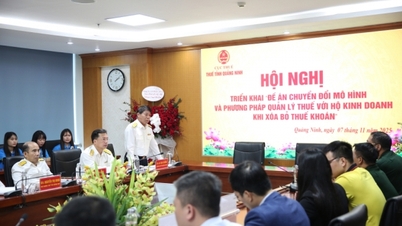

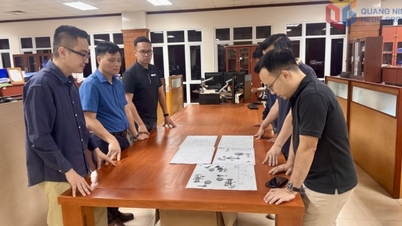


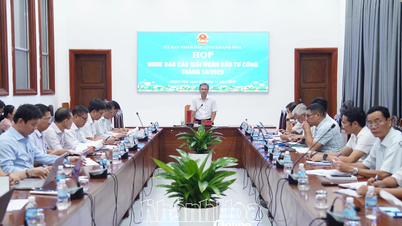

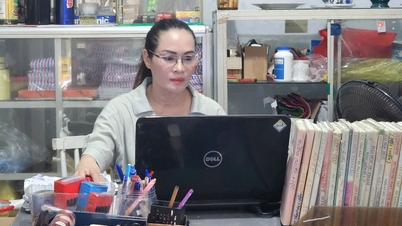









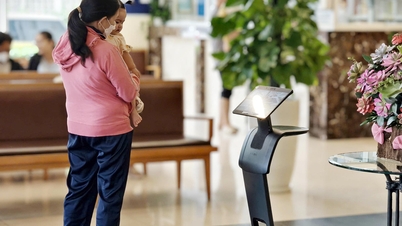

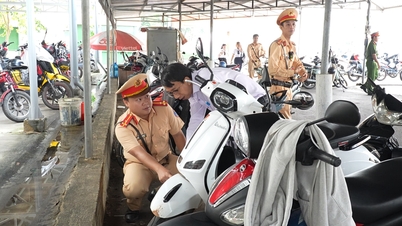





































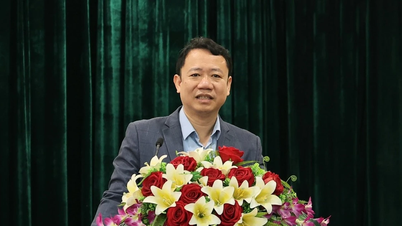
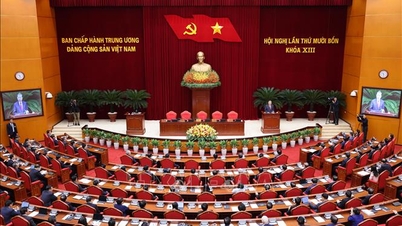

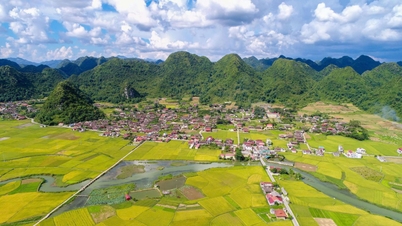
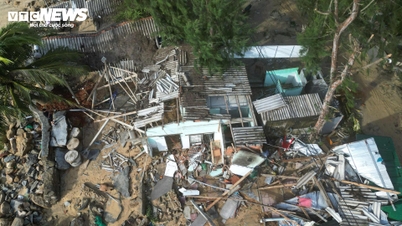




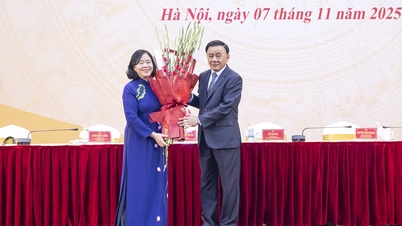


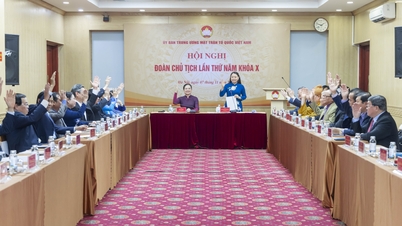

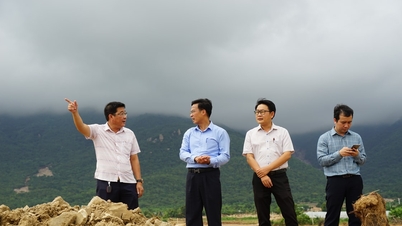

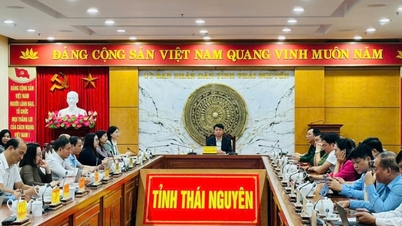
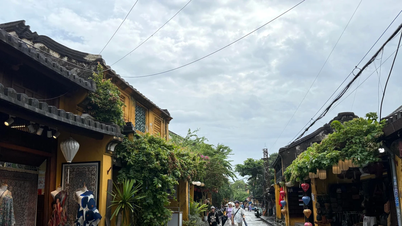
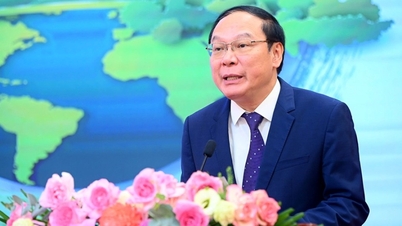
















Comment (0)